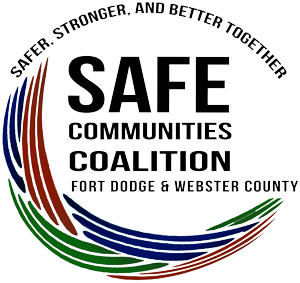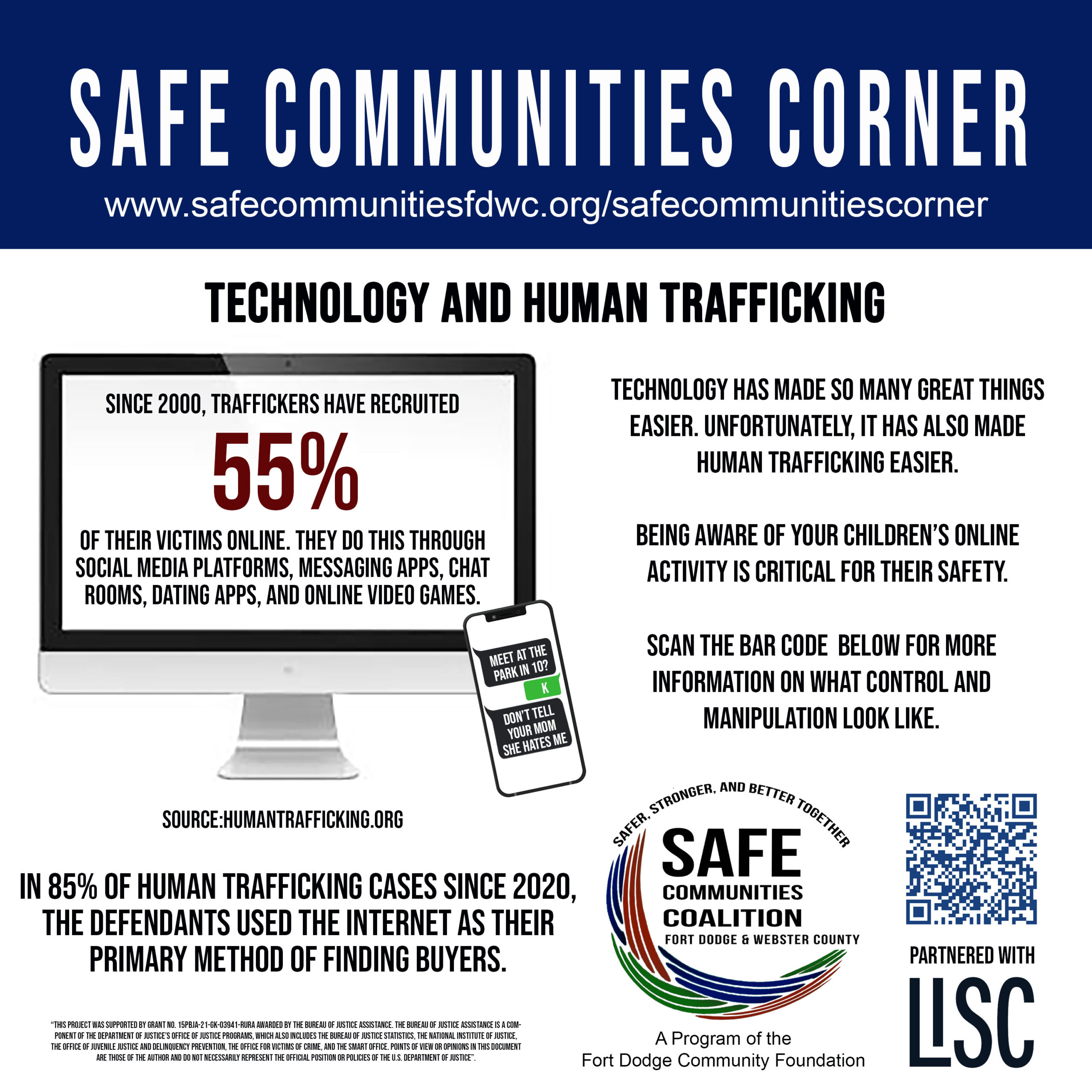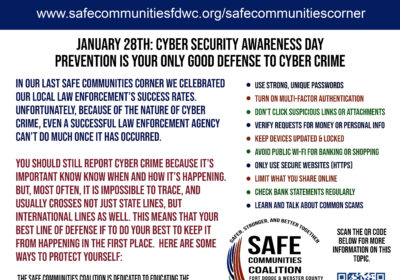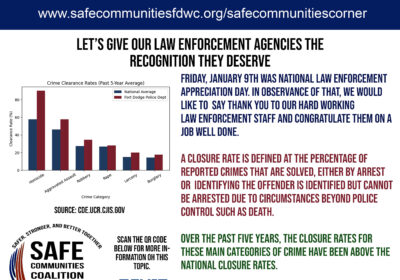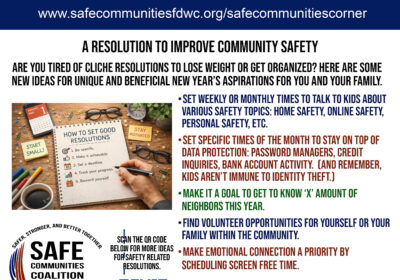We have been encouraging parents to monitor their children’s online activity since the birth of the Safe Communities Coalition in 2022. Most of what you’re looking for on a phone, or any kind of online platform, seems relatively straight forward. Are your kids messaging strangers, are they giving out personal information, are they sending or receiving inappropriate conversations or pictures, are they accessing pornography? All that should be easy to spot, however, due to the nature of human trafficking and the subtle manipulation that happens over time, identifying someone who is trying to groom your child or loved one into the nightmare that is human trafficking can be much more difficult to identify before it’s too late. Since 2000, traffickers have recruited 55% of their victims online. Being able to identify grooming early on is crucial in keeping your child or someone you love from becoming part of this statistic. Let me walk you through some red flags.
Remember, trafficking is most often done by someone the victim knows. They spend months, sometimes years, developing a relationship and, along with that, (misguided) trust. Often, these relationships begin online, but even if they don’t, evidence of the manipulation will almost certainly make an appearance through the technology they have access to.
When looking at a relationship were are some telltale signs that one is looking to manipulate the other:
- There is a clear imbalance in status. Teacher/child, boss/employee, someone in a high socioeconomic status/low socioeconomic status, etc.
- The person in authority will ask the other to keep secrets. This is a test of loyalty and applies to both human trafficking as well as being a red flag for any kind of sexual abuse. If your child ever mentions that someone of authority (looking through the eyes of a child that can also mean an older child) has asked them to keep secrets, please address it immediately by making it known that your child did not, in fact, keep their secret.
- The one in power showers the other with gifts, money, and praise (overly so).
- The relationship moves very quickly. ‘I love you’s’ are said early on. The relationship escalates to the point where one can’t imagine being without the other.
- The would-be trafficker alienates the victim from all friends and family, often while ‘playing the victim’. “Let’s meet but don’t tell your mom…she hates me.” or “I don’t think your friends like me, so let’s not spend time with them.” There is often a tug-of-war created with the victim’s feelings. The trafficker with essentially work to get the victim to choose him/her over friends and family all while playing on their emotions. “I understand that you like spending time with your friends so if you choose that, it’s ok…but I don’t ever feel like we get enough alone time together.”
- The trafficker will eventually exercise control over their victim’s conversations by expecting access to their phones, passwords for accounts, etc.
Other times you should contact law enforcement is if you see these signs of control in public. Examples of trafficking red flags that you might see in individuals in your community include:
- Inability to speak for oneself
- Unexplained absences from school
- Constant fear, anxiety, and depression
- Chronically tired
- Runs away from home repeatedly
- Deprived of basic needs: water, food, medical care, and sleep
- Minimal contact with family
- Suspicious tattoos: a name, barcode, or brand
- Multiple cell phones
- ‘Boyfriend’, ‘Uncle’, or ‘Dad’ controls their life and speaks for them
- Has to have receipts for everything
If you see any of these things please contact your local law enforcement. You can also call the Statewide Iowa Crisis Line 1800-770-1650
